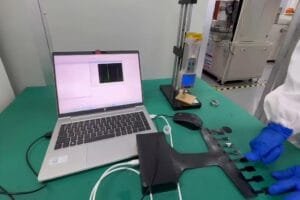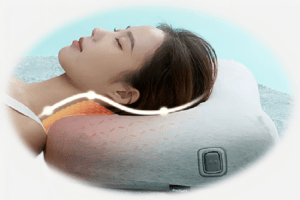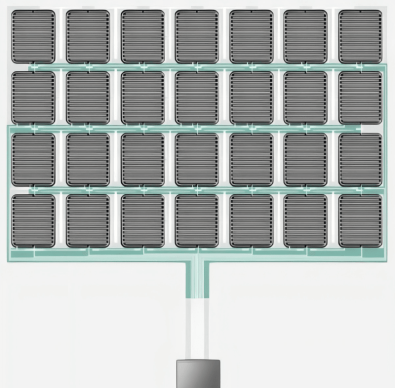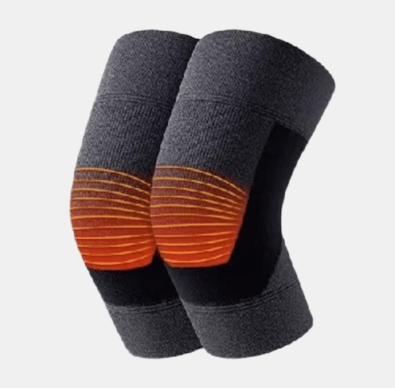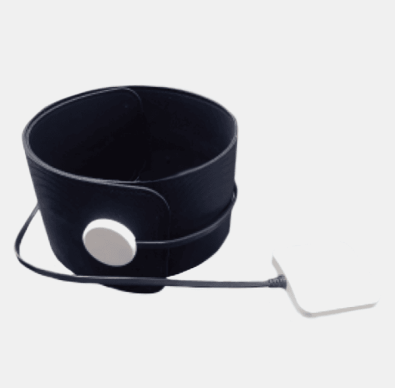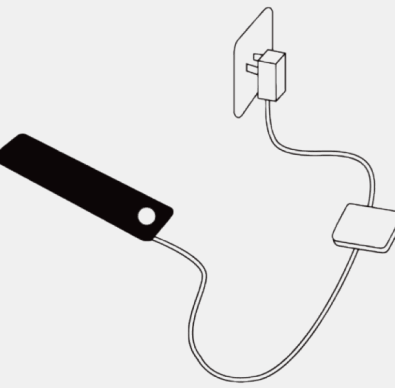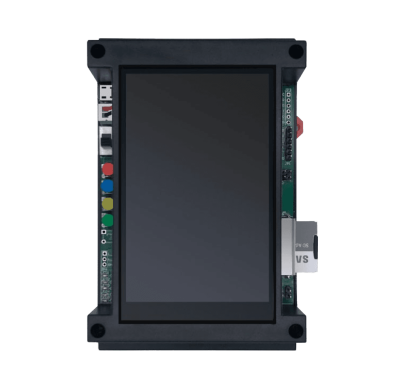Smart mattress monitoring systems leverage pressure sensors to gather data about an individual’s sleep patterns and behaviors. This data is then analyzed and interpreted to provide valuable insights into sleep quality. Here are some of the key benefits of smart mattress monitoring:
By monitoring the sleeper’s movements, smart mattress systems can track the duration and quality of sleep. They can detect periods of restlessness, awakenings, and even the different stages of sleep, such as light sleep, deep sleep, and REM sleep. This information helps users understand their sleep patterns, identify potential issues, and make informed adjustments to improve their sleep quality.
Pressure sensors embedded within the mattress can identify areas where the sleeper’s body exerts excessive pressure. This information is crucial for individuals who suffer from chronic pain, such as those with arthritis or back problems. By identifying pressure points, smart mattress systems can recommend adjustments to the mattress, such as changing positions or adding additional support, to alleviate discomfort and promote better sleep.
Smart mattress monitoring systems can also analyze the sleeper’s environment, including factors like room temperature, humidity, and noise levels. By collecting and integrating this data, the system can make recommendations to optimize the sleep environment, such as adjusting the thermostat, using white noise machines, or suggesting the ideal lighting conditions for better sleep.
Based on the collected data and analysis, smart mattress systems can provide personalized sleep coaching and recommendations. Users can receive tips on sleep hygiene, relaxation techniques, and even guidance on maintaining a consistent sleep schedule. These features empower individuals to take control of their sleep habits and make positive changes to their routine.
As technology continues to advance, the potential for smart mattress monitoring systems expands even further. Here are some exciting developments on the horizon:
Smart mattress systems have the potential to integrate seamlessly with other smart home devices. For example, they could communicate with smart lighting systems to adjust lighting based on the sleeper’s sleep stage or work in tandem with smart thermostats to optimize room temperature for better sleep.
By incorporating AI algorithms, smart mattress systems can learn and adapt to individual sleep patterns over time. They can make personalized recommendations based on an individual’s sleep history, preferences, and even external factors like stress levels. This level of customization has the potential to significantly enhance sleep quality and overall well-being.
With the advancement of pressure sensor technology, smart mattress systems may have the capability to monitor vital signs such as heart rate, respiratory rate, and even detect potential sleep disorders like sleep apnea. This would allow individuals to proactively address potential health issues and seek appropriate medical assistance.
Smart mattresses provide detailed insights into your sleep patterns, including sleep duration, quality, and stages. This information helps you understand your sleep habits and make necessary adjustments for better rest.
Smart mattresses equipped with pressure sensors can identify areas where your body exerts excessive pressure. By highlighting these pressure points, the mattress can suggest adjustments or provide targeted support, reducing discomfort and promoting better sleep.
Smart mattresses can monitor factors like room temperature, humidity, and noise levels. With this information, they can make recommendations to optimize your sleep environment, creating the ideal conditions for a restful night’s sleep.
Smart mattresses often come with sleep coaching features that offer guidance on sleep hygiene, relaxation techniques, and maintaining a consistent sleep schedule. This coaching can help you establish healthy sleep habits and improve overall sleep quality.
Some smart mattresses can track and analyze the sleep patterns of both you and your partner individually, allowing for personalized recommendations and insights tailored to each person’s needs.
Advanced smart mattresses may have the ability to detect potential sleep disorders like sleep apnea by monitoring breathing patterns and other vital signs. Early detection can prompt individuals to seek appropriate medical attention and treatment.
Smart mattresses often provide the option to share sleep data with healthcare professionals or sleep specialists. This sharing allows for remote monitoring and analysis, leading to more accurate diagnoses and personalized treatment plans.
By consistently monitoring your sleep patterns and providing personalized recommendations, smart mattresses can help you establish healthy sleep habits and improve sleep quality in the long run. This can have significant positive impacts on your overall health and well-being.
Pressure sensors and smart mattress monitoring systems have revolutionized the way we approach sleep quality. By leveraging the power of technology, these innovative solutions provide valuable insights, optimize sleep environments, and empower individuals to take control of their sleep habits. As advancements continue, we can expect even more exciting features that will further enhance our sleep experience and overall well-being. So, if you’re struggling with achieving a restful night’s sleep, consider exploring the world of pressure sensors and smart mattress monitoring – your quality of sleep may never be the same again!




